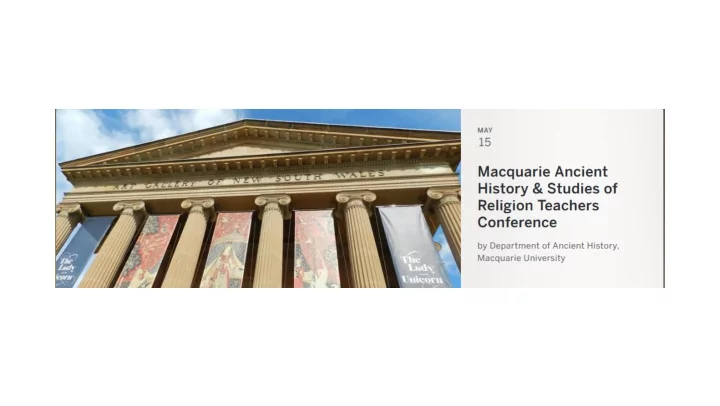

Controversies
Aviezer Tucker, Our Knowledge of the Past: A Philosophy of Historiography • “an uncoerced uniquely heterogeneous community of historians that reached consensus on many beliefs and cognitive values” (44) will provide knowledge of the past which is probably true; it is a “likely indicator of knowledge” (39).
Livy 1.8 deinde, ne vana urbis magnitudo esset, adiciendae multitudinis causa vetere consilio condentium urbes, qui obscuram atque humilem conciendo ad se multitudinem natam e terra sibi prolem ementiebantur, locum qui nunc saeptus escendentibus inter duos lucos est, asylum aperit. eo ex finitimis populis turba omnis, sine discrimine liber an servus esset, avida novarum rerum perfugit, idque primum ad coeptam magnitudinem roboris fuit. His next care was to secure an addition to the population that the size of the City might not be a source of weakness. It had been the ancient policy of the founders of cities to get together a multitude of people of obscure and low origin and then to spread the fiction that they were the children of the soil. In accordance with this policy, Romulus opened a place of refuge on the spot where, as you go down from the Capitol, you find an enclosed space between two groves. A promiscuous crowd of freemen and slaves, eager for change, fled thither from the neighbouring states. This was the first accession of strength to the nascent greatness of the city.
Dionysius of Halicarnassus 2.15 Secondly, finding that many of the cities in Italy were very badly governed, both by tyrannies and by oligarchies, he undertook to welcome and attract to himself the fugitives from these cities, who were very numerous, paying no regard either to their calamities or to their fortunes, provided only they were free men. His purpose was to increase the power of the Romans and to lessen that of their neighbours; but he invented a specious pretext for his course, making it appear that he was showing honour to a god. For he consecrated the place between the Capitol and the citadel which is now called in the language of the Romans "the space between the two groves," — a term that was really descriptive at that time of the actual conditions, as the place was shaded by thick woods on both sides where it joined the hills, — and made it an asylum for suppliants. And built a temple there, — but to what god or divinity he dedicated it I cannot say for certain, — he engaged, under the colour of religion, to protect those who fled to it from suffering any harm at the hands of their enemies; and if they chose to remain with him, he promised them citizenship and a share of the land he should take from the enemy. And people came flocking thither from all parts, fleeing from their calamities at home; nor had they afterwards any thought of removing to any other place, but were held there by daily instances of his sociability and kindness.
Plutarch Life of Romulus 9 And in the second place, when their city was first founded, they made a sanctuary of refuge for all fugitives, which they called the sanctuary of the God of Asylum. There they received all who came, delivering none up, neither slave to masters, nor debtor to creditors, nor murderer to magistrates, but declaring it to be in obedience to an oracle from Delphi that they made the asylum secure for all men. Therefore the city was soon full of people, for they say that the first houses numbered no more than a thousand.
Dench, Romulus’ Asylum
Justin’s account 38.6. -7-8 They [the Romans] affirmed this law of the hatred for every king, of course, because they had such kings that they even blush at their names: either Aboriginal shepherds, or Sabine soothsayers, or Corinthian exiles, or Etruscan slaves (those captured and those bred at home), or — that name that was most honoured among them — the Superbi; and they themselves say that their founders were nourished by the teats of a wolf, and thus their whole population has the spirit of wolves, insatiable of blood and sordidly greedy for power and riches.
David Levene, Religion in Livy ‘It could be that [Livy] was a sceptic, that he was a believer, or that he actually did equivocate between the two, but there is nothing in the work itself to provide us with evidence on this score, since all three attitudes are present, but present with a view to the appropriate construction of the narrative rather than as an expression of conviction.'
Erichthonius
Haimson Lushkov, Magistracy and the Historiography of the Roman Republic
Recommend
More recommend